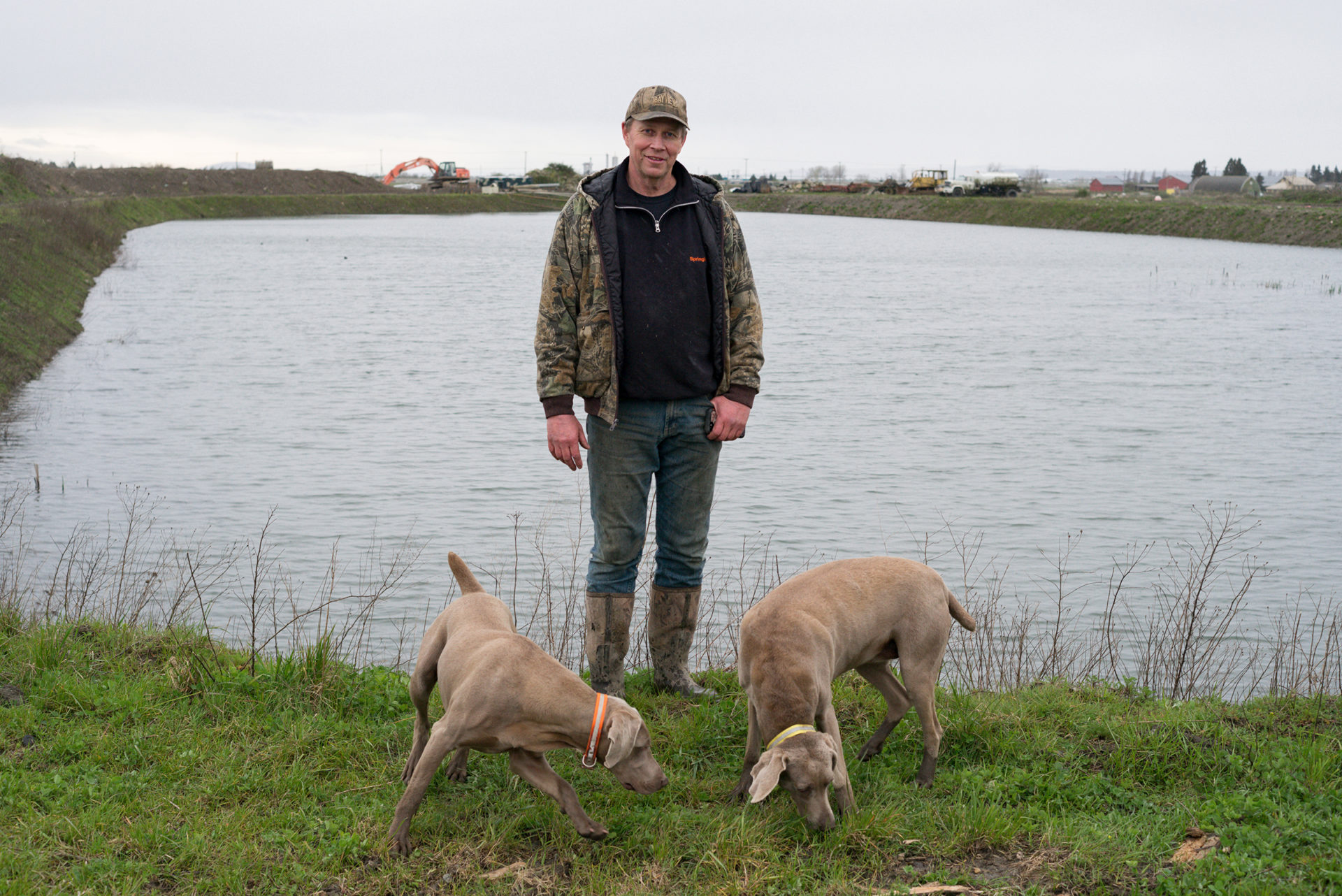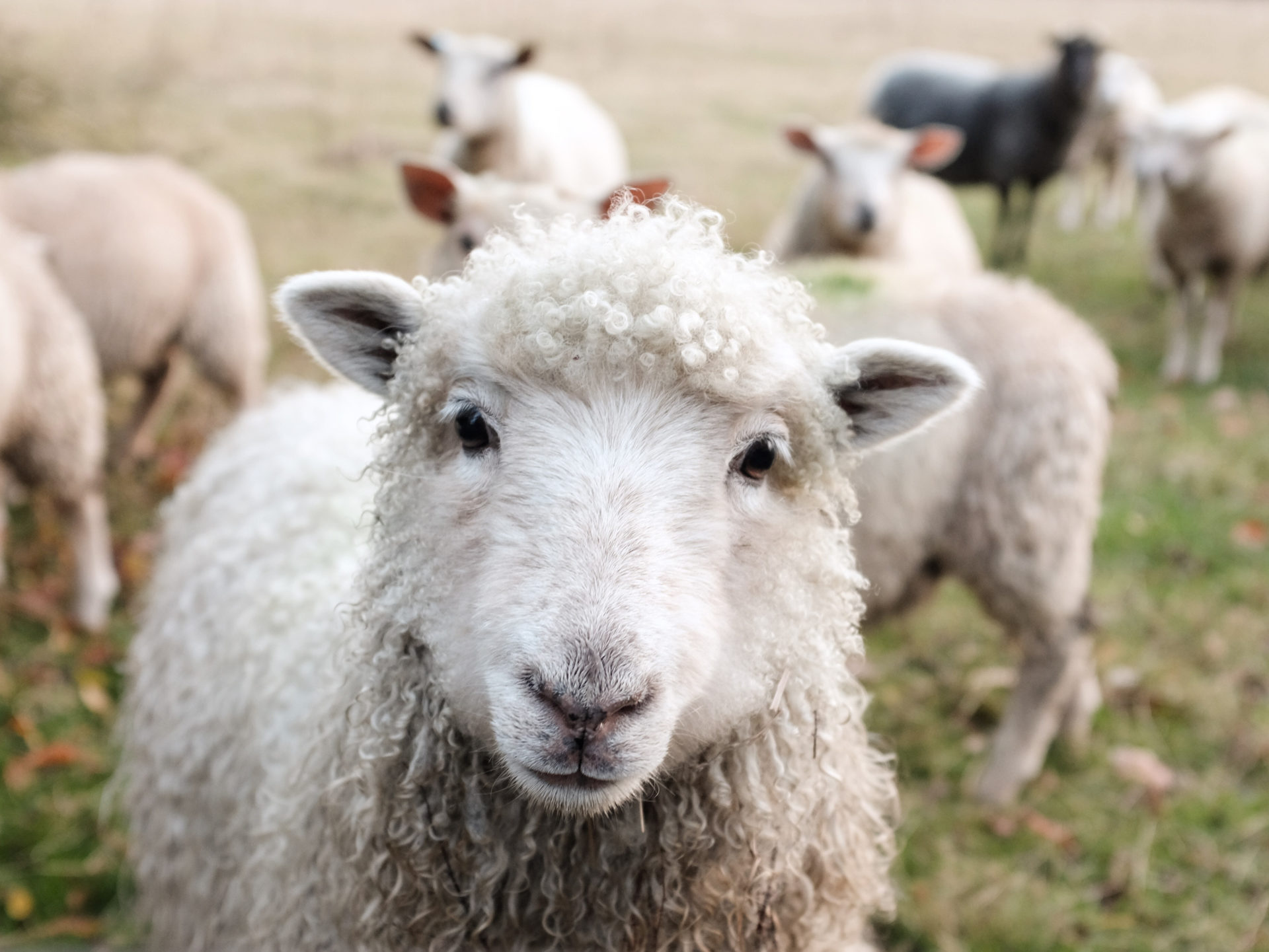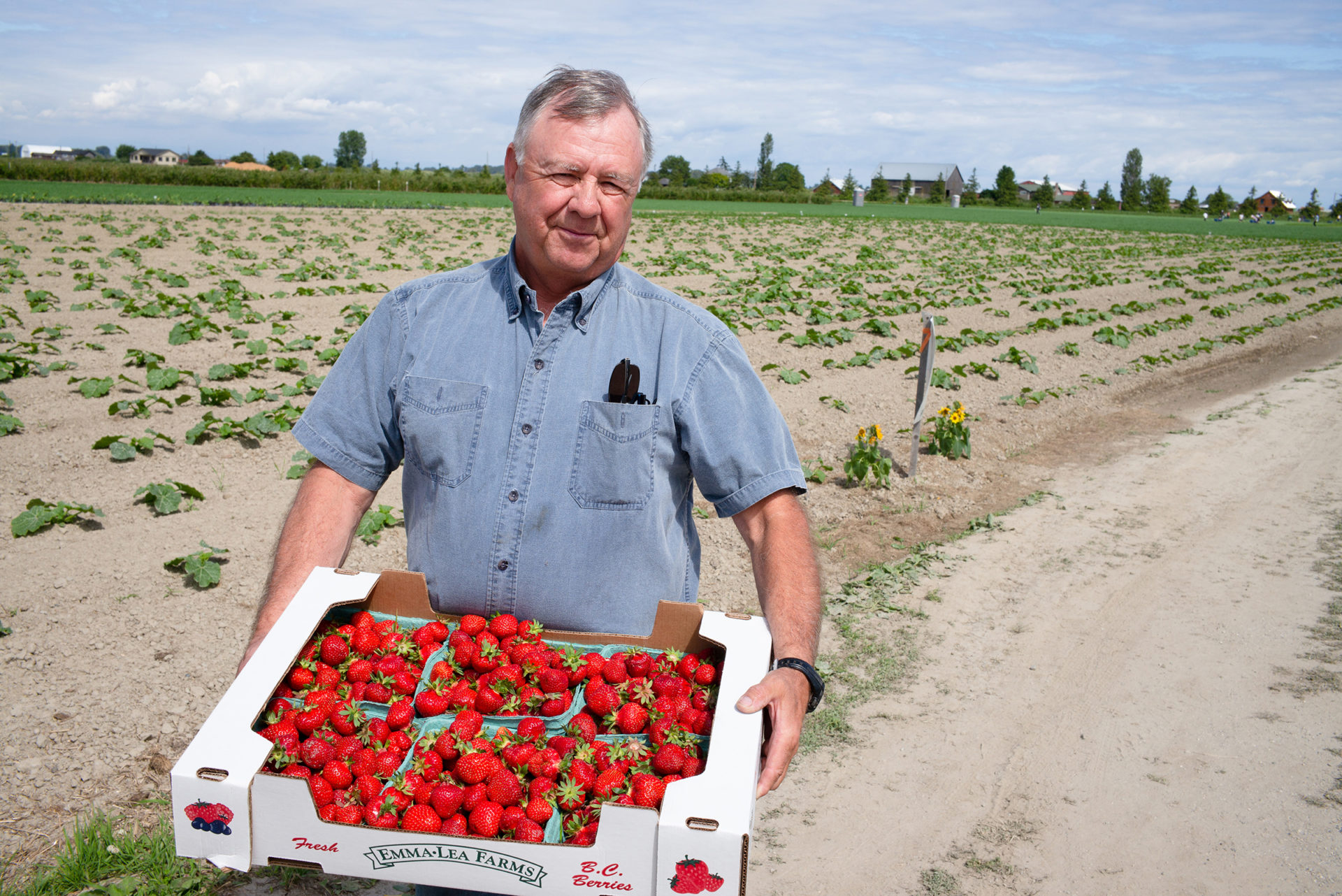DELTA – Don Malenstyn has all but given up on his career and passion after losing an appeal of a remediation and stop-work order from the Agricultural Land Commission.
“I didn’t think I’d ever say it, but I’m done. This is ridiculous. This is 54 years of my life completely wasted,” he says, surveying the 80-acre property where he was raised.
The property now hangs in a state of limbo, eight years after his efforts to work with the local water table incurred the wrath of neighbours and the ALC.
Years of losing his potato crop to summer flooding prompted Malenstyn to take matters into his own hands and begin filling the property with a view to growing cranberries and leaving his son an arable property.
The water woes started more than 20 years ago when Delta began pumping water from the Fraser River into irrigation ditches along 104th Street. Malenstyn’s property is one of the lowest in Delta; some areas dip below sea level.
“I’ve had 89% of my [potato] crop lost. That was 2001, the year my son was born, and I worked three other jobs to support the farm. I didn’t see money till 2005 from Delta,” he says, referring to an out-of-court settlement.
Malenstyn adds that salinity from the Fraser River salt wedge and leaks in his neighbour’s septic tank flow into his ditch. To solve the problem, he created a four-metre-deep, above-ground reservoir, with plans to have his own closed-loop filtration system for his cranberry bogs (which need fresh water all-year round).
Malenstyn, who had accepted fill from Delta to help fix his water problem since 1996 without issue, began accepting fill in larger quantities from local developers in 2009 to complete the work.
But the new deliveries attracted greater scrutiny than in the past, thanks to concerns over illegal fill operations. With booming development in the Lower Mainland, it was often cheaper for companies to pay landowners to take fill than to transport it to designated fill sites. But the Agricultural Land Commission Act says landowners need to seek approval before accepting fill.
“There’s a lot of fill looking for a place to land,” says ALC director of policy and planning Martin Collins. “The reality is … the money you can get for [taking fill] can ruin a property forever for agriculture, yet pay for the property.”
In 2010, the ALC ordered Malenstyn to stop receiving fill because it didn’t see how it was for farm use. He gave the ALC a farm plan made with agrologist Danny Grant a month later and says he stopped receiving fill in 2011.
He built his reservoir and two cranberry cells (by stripping the land, putting fill down and then placing the original soil on top) before he was stopped again.
The ALC issued a stop-work and remediation order to Malenstyn in May 2017, instructing him to remove all the material, save his cranberry bogs, from the property and appropriately dispose of it at an “authorized disposal site.”
Malenstyn says he made enough from fill deliveries to cover most of the costs of converting his property to cranberry bogs. Yet after consulting a second agrologist, Gordon Butt, creating a farm plan, having WCB inspect the safety of his reservoir and hiring a lawyer for help, he appealed the order and was rejected in late January 2018.
The appeal panel of four representatives from the ALC suspected he was taking the fill for profit. Among other things, they charged him with the task of proving he was not guilty of this by revealing the income he made.
“The Appeal Panel considers that the motivation for the above ground reservoir may have been the income that could be received from fees,” the panel’s decision says.
Malenstyn did not, nor was he required, to share his income with the ALC according to his lawyer, Alastair Wade.
This wasn’t the only aspect of the appeal process that struck Wade as abnormal.
Wade specializes in litigation with nonjudicial bodies such as the ALC and says he had just two hours to present Malenstyn’s case, where the norm is “as much time as you need.” Nor was Malenstyn given a chance to respond to points the ALC raised in the final ruling.
“Under the Farm Practices Act, you have the right to make dikes and you have the right to make roads on your property and you have the right to farm it in accordance with appropriate farm practices. Mr. Malenstyn produced not one, but two different agrologists which supported his plan to make this a productive cranberry bog,” Wade says.
But what about seeking approval for taking fill?
“The appellant didn’t seem to think that he had to have any approval at all,” Collins says. “We have a decade or more of filling [on Malenstyn’s property]. [He’s] not really growing any substantive amount of cranberries and yet we have this infrastructure that’s beyond typical; in fact it’s the only one of its kind in the Fraser Valley.”
Malenstyn says his farm plan shows that he was using the fill for farm use and he can’t farm a “substantive amount” of cranberries because he’s unable to complete construction.
“In the end it’s a difficult call,” says Collins, referring to the ALC’s speculation about Malenstyn’s plans. “Ascribing motivations is very chancy. When we said ‘may,’ we don’t really know, but we just are going by normal farm practice and procedure that is followed by everybody else and he’s outside of those bounds.”
Wade says that ignores how farming works in the real world.
“The mere fact that some people don’t grow cranberries the same way as other people grow cranberries doesn’t make one right and one wrong,” he says. “It’s just a different way of doing it.”
Malenstyn now grows cow corn and sells pigs and fresh eggs, which together barely pay his bills.
And it’s certainly not enough to fund compliance with the ALC’s order, or take further steps to transform his property into productive farmland in one of the most fertile parts of BC.


 New farmers need to research livestock needs
New farmers need to research livestock needs